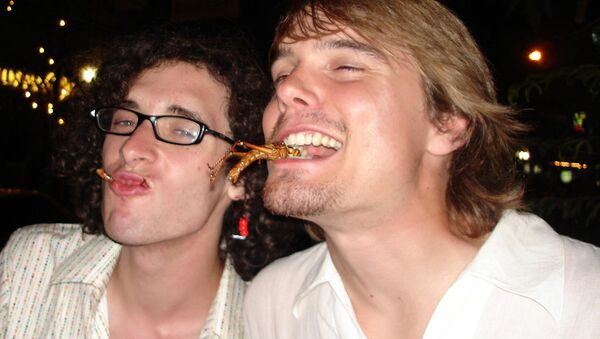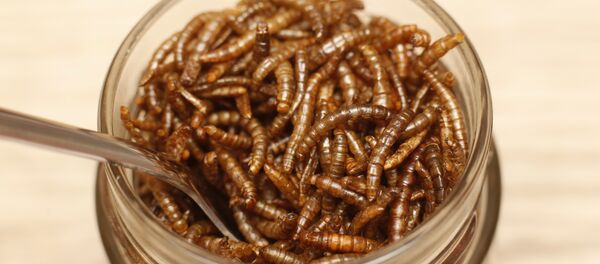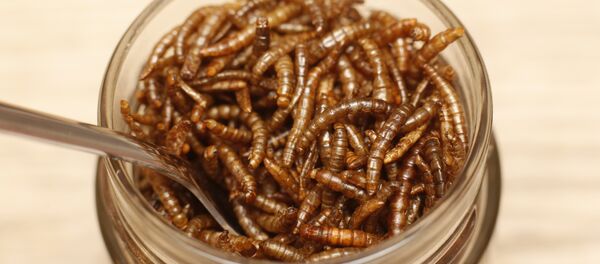Despite a growing interest in using creepy-crawlies as sustainable and protein-rich food products among consumers and companies alike, insects as food have been banned in Finland until now.
Edible insects have been sold in Finland before, but were marketed otherwise, such as, for instance, "kitchen decorations." On Wednesday, however, Finland's Ministry of Agriculture and Forestry formalized the use of insects as food, which opens the door for cultivation and sale according to standard food safety laws — to the joy of health aficionados, environmental activists and nutrition companies.
Finland's food safety regulator Evira welcomed this decision.
"The cultivation and sale of insects as food products demands that we ensure the final products are safe for consumers. Evira will provide instructions for producers and regulators, and we will also immediately get started with setting up rules for the business together with the industry's entrepreneurs," Evira food safety division director Leena Räsänen said, as quoted by Yle.
While the practice of consuming insects as a specialty is relatively new to Europe, Finns seem to be more interested in it compared to fellow Europeans.
Last year's survey by Turku University and the Natural Resources Institute (LUKE) found that half of the respondents were interested in buying insect-based foods if available. This compares favorably to less than 40 percent of Swedes, 30 percent of Czechs and just 25 percent of Germans who were eager to do the same. Remarkably, one third of Finnish respondents said they have already tried eating bugs in some form or another.
Insects are edible in a variety of dishes, yet many may find the idea rather unappetizing when presented in an intact form. Therefore, researcher Terhi Pohjanheimo argued that the powdered form provides the most advantages for consumers and manufacturers alike. Consequently, he listed meatballs, nuggets and pizza fillings as possible alternatives, alongside snacks and other prepared meals.
Insects are also seen as a more ecological option, compared with rearing traditional livestock, which accounts for 18 percent of greenhouse gas emissions. Insects also release much less ammonia and methane and require much less land and water.
Grasshopper garum: Grasshoppers, barley koji, larvae and salt to be blended with water, then left to ferment. pic.twitter.com/8Wea8lJNcM
— restaurant noma (@nomacph) 20 мая 2016 г.
According to a 2013 report from the UN Food and Agriculture Organization (FAO), around two billion people worldwide consume insects as part of a traditional diet, a practice known as entomophagy. Beetles are the most commonly consumed insect, followed by caterpillars, bees, wasps, ants, grasshoppers, locusts, and crickets. All in all, more than 1,900 insect species are considered edible.
How can we encourage more consumers to eat #insects? Great piece @LittleHerds https://t.co/dKnHAaB4Dp pic.twitter.com/WL66CR33nC
— FoodBev (@FoodBev) 18 мая 2016 г.






